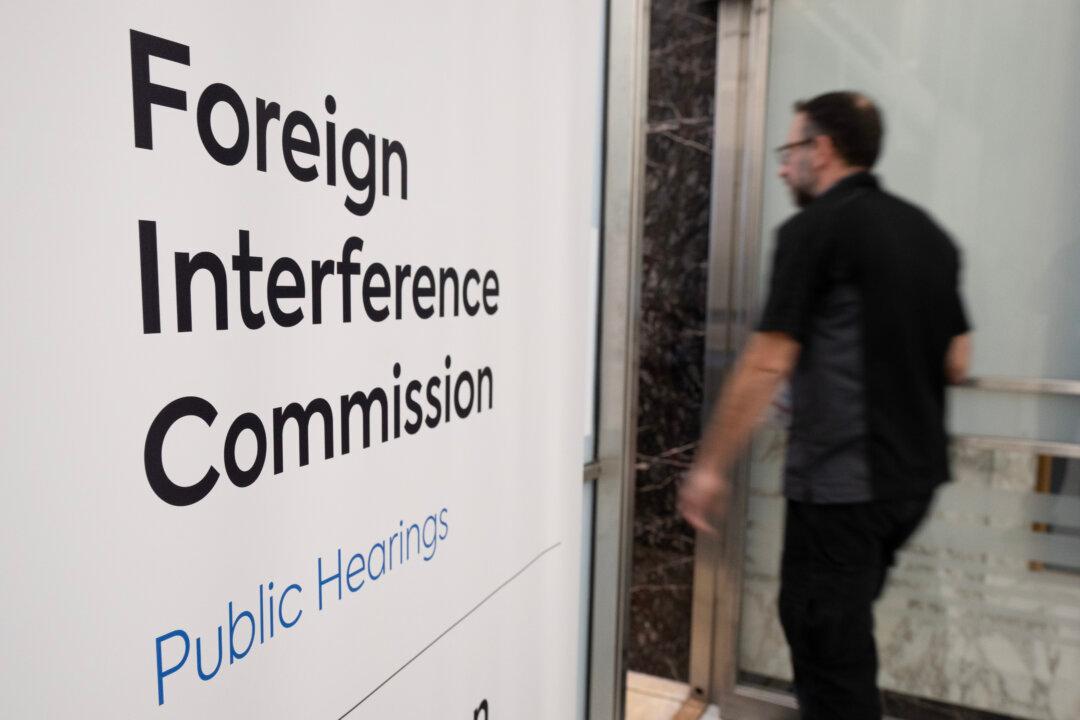A Canadian intelligence official says while Beijing’s attempts at foreign interference may not have had a decisive impact on Canada’s 2021 election outcome in a specific riding, such covert activities can still leave the elected candidate feeling indebted to the communist regime.
At a closed-door hearing, the Public Inquiry into Foreign Interference received a summary of interviews with intelligence officials that said, “even if FI [foreign interference] did not directly lead to the election of a given candidate, that interference could nonetheless have an impact on the relationship with that candidate, and by extension the communities they represent.”





